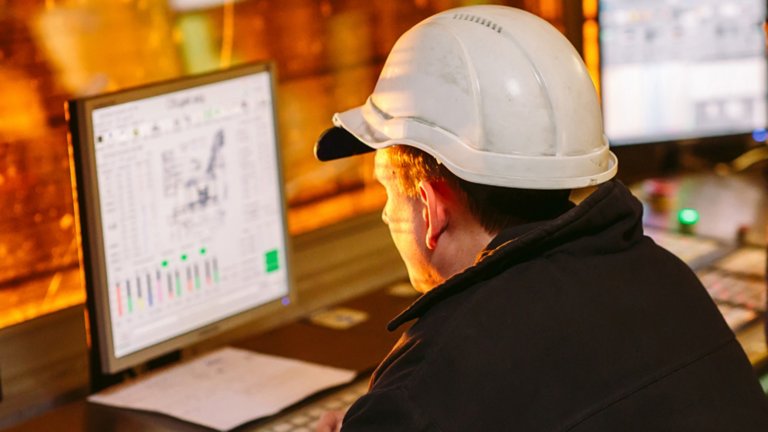By Austin Locke and Kevin Olikara, Kalypso: A Rockwell Automation business
Artificial intelligence (AI) is transforming industrial systems, offering organizations the opportunity to unlock value, efficiency and greater autonomy. It has become a top priority for operations, IT and engineering leaders driven by labor shortages, plants operating at maximum capacity, and increasing demands for product quality.
The industrial sector is still in the early stages of AI implementation, but with companies allocating nearly 20% of their IT budgets to industrial data analytics and AI, analysts expect rapid growth and widespread adoption.
One area where AI is making a significant impact is in quality inspection, where Vision AI systems automate processes, establishing consistent quality across shifts, lines and plants. This also improves use of process specialists, allowing them to focus on exceptional cases.
AI is also being integrated into industrial control systems, optimizing process yields and reducing the need for constant operator surveillance.
Edge Computing’s Role
Edge computing plays a critical role as AI use cases become increasingly prevalent. Edge is an enabling capability, supporting applications that necessitate low latency, cost-effective processing.
Several manufacturers on the forefront of industrial AI are building “edge in” architectures. They’re combining AI models, edge processors and the Industrial Internet of Things (IIoT) to bring intelligence to the machine level. This architecture facilitates what analysts believe to be foundational to a future wave of "hyperautomation.”


